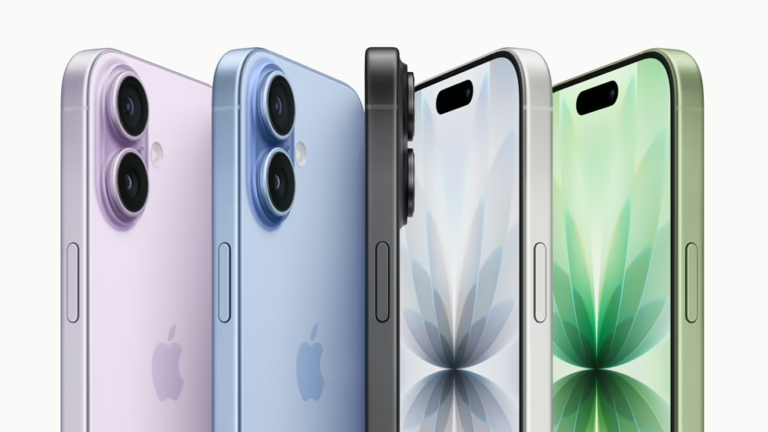At its “Awe Dropping” event on Tuesday, September 9, Apple introduced its newest devices: the iPhone 17, iPhone 17 Pro, and iPhone 17 Pro Max. The entry-level iPhone 17 is priced at $799 (₦1.2 million). However, with no official Apple retail outlets in Nigeria, these gadgets will be sold exclusively through third-party vendors, often at prices exceeding the official retail cost.
While some Nigerians may afford the latest Apple models outright, many others will need to save over a prolonged period or explore alternative payment options such as Buy-Now-Pay-Later (BNPL) services and other financing plans to manage the expense.
How long does it take for an average Nigerian worker to buy the iPhone 17?
With Nigeria’s minimum monthly wage set at ₦70,000 (approximately $46.22), an individual earning this amount would need to save their entire salary for about 17 months-or roughly 368 working days-to purchase the base iPhone 17. This estimate does not account for taxes or household expenses, which would extend the saving period considerably.
Apple products in Nigeria are predominantly distributed by independent sellers who add operational costs and profit margins, combined with inflationary pressures, resulting in significantly inflated prices compared to the official retail price.
Comparing affordability in Kenya, South Africa, and Egypt
In South Africa, the minimum wage is ZAR 27.58 ($1.58) per hour. To afford the $799 iPhone 17, a minimum wage earner would need to work approximately 506 hours, equating to about 63 working days (assuming 8-hour workdays) or nearly 3 months.
South Africa is unique on the continent for hosting an official Apple Store, which offers trade-in programs-even accepting Android devices for cashback. The store also promotes its iCarePlus warranty, technical support, and network plans to ease the transition from Android to iPhone. Additionally, South Africans with good credit can opt for installment payments, making the upgrade more accessible.
In Kenya, the minimum wage stands at KES 75.94 ($0.59) per hour. To afford the iPhone 17, a minimum wage worker would need to clock around 1,354 hours, or 169 working days, which translates to roughly 7.7 months of full-time work.
Kenya lacks official Apple retail outlets, so consumers rely on authorized third-party sellers and credit-based purchasing options such as BNPL schemes to acquire Apple devices.
Egypt’s minimum wage is EGP 6,000 (about $121.34) monthly. For an Egyptian minimum wage earner, purchasing the iPhone 17 would require saving for approximately 6.6 months or working 143 full 8-hour days.
The relativity of minimum wage and tech accessibility
Among the countries compared, Nigerians face the longest wait to afford the iPhone 17, while South Africans have the shortest timeframe. This disparity highlights how premium technology remains largely inaccessible to the majority of workers in these regions. South Africa’s advantage stems from its official Apple retail presence, trade-in incentives, and financing options, which collectively reduce the financial strain of upgrading. Kenya and Egypt fall between these extremes, with affordability challenges less severe than Nigeria’s but more pronounced than South Africa’s.
According to a recent Canalys report, Nigeria’s smartphone market is rebounding, growing by 10% in Q2 2025 after a 7% decline in Q1 2025. This resurgence is driven not by premium brands like Apple but by affordable smartphone manufacturers such as Transsion (makers of Tecno), Samsung, and Xiaomi.
Pre-orders for Apple’s newest devices open on September 12, 2025, with official availability starting September 19, 2025.
*All figures are based on official minimum wage data as of late 2024, with currency exchange rates current as of September 10, 2025.
Don’t miss out! Moonshot by TechCabal returns to Lagos on October 15-16. Join Africa’s leading founders, creatives, and tech innovators for two days of inspiring talks, networking, and forward-thinking ideas. Secure your tickets now at moonshot.techcabal.com





















0 Comments